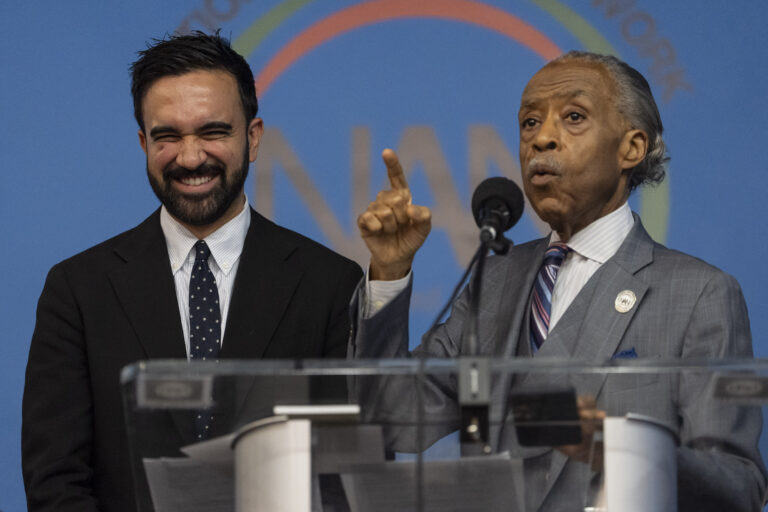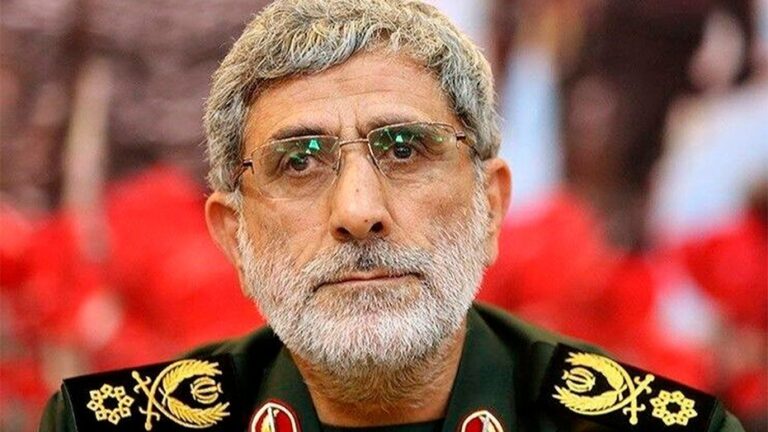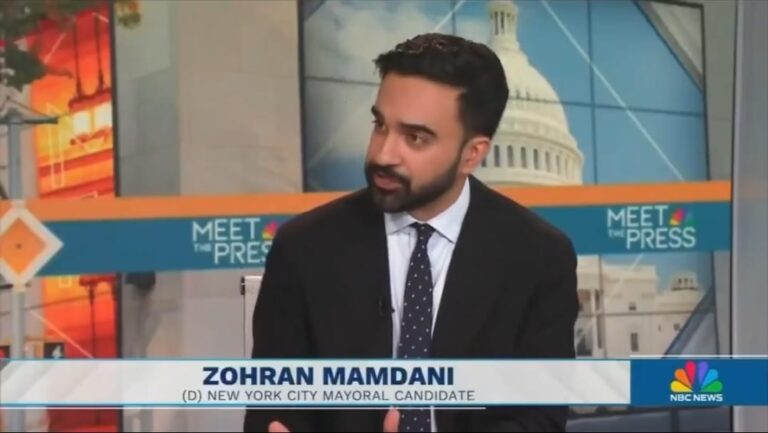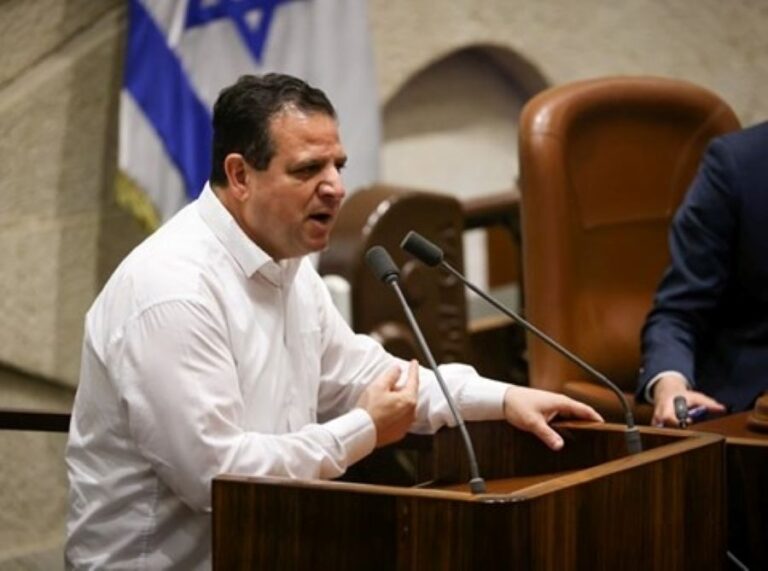 One of the Islamic State’s top leaders in Iraq’s Anbar province was killed in a U.S. airstrike last week, the Pentagon said Monday.
One of the Islamic State’s top leaders in Iraq’s Anbar province was killed in a U.S. airstrike last week, the Pentagon said Monday.
Abu Wahib, the “military emir” of Anbar, and three other Islamic State members were killed Friday while traveling in a vehicle near the town of Rutbah in western Iraq, Pentagon Press Secretary Peter Cook said.
“ISIL leadership has been hit hard by coalition efforts and this is another example of that,” Cook told reporters, using an acronym for the Islamic State. “It is dangerous to be an ISIL leader in Iraq and Syria these days and for good reason.”
Wahib was a legacy member of the Islamic State. He started out with the group’s earlier iteration, al-Qaida in Iraq before being detained by U.S. forces in 2009. He was transferred to an Iraqi prison following the U.S. withdrawal in 2011 and broke out in 2012. His death, like many other Islamic State leaders, has been falsely reported before. Earlier this year, Wahib was believed to have been killed in an airstrike near the town of Hit during pitched fighting between Iraqi forces and Islamic State fighters there.
If true, Wahib’s death joins a growing list of leaders that the Pentagon has claimed to have removed from the battlefields of Iraq and Syria. In March, a special operations raid targeted Abd al-Rahman Mustafa al-Qaduli, the terror group’s second in command in eastern Syria. Two weeks prior to al-Qaduli’s killing, the Pentagon confirmed the death of Abu Omar al-Shishani, who was considered the Islamic State’s “secretary of defense.”
The Islamic State still holds significant swathes of territory in Iraq and Syria and has demonstrated an ability to conduct offensive operations despite frequent airstrikes and raids by the U.S.-led coalition. Earlier this month, a group of fighters managed to penetrate Kurdish lines in northern Iraq, killing a U.S. Navy SEAL.
(c) 2016, The Washington Post · Thomas Gibbons-Neff










